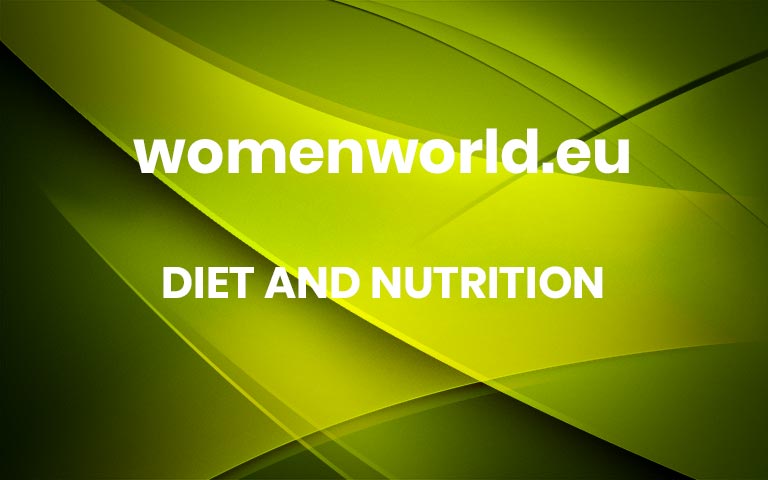How To Deal With Your Latex Condom Allergy
Latex, a common ingredient in healthcare, is a liquid material derived from the rubber tree – and is found in many products such as condoms, gloves and balloons. Experts define a latex allergy as an immune system response to the proteins in natural rubber latex, which goes on to symptoms such as mild skin irritation to life-threatening like anaphylaxis. You will be excused for thinking that a latex allergy is the most arbitrary thing you’ve heard because per Hermanus-based obstetrician-gynaecologist Dr Kennedy, latex allergy occurs in about 5% of the general population, with the most common prevalence in individuals with other allergic conditions such as asthma as well as those with chronic occupational or medical exposure to latex. Uncertain that you have a latex allergy? Dr Kennedy suggests getting a blood allergy test to confirm your suspicion and offers more tips below.READ MORE: Exactly How To Engage All Of Your 5 Senses For Hotter SexWho Is Likely To Have A Latex Allergy?According to Dr Kennedy, people who are often exposed to natural rubber latex, e.g. health care workers, chefs, food industry workers, as well as people who’ve had multiple surgeries (10 or more), e.g. children born with spina bifida. Also included on this list are people with other allergies such as hay fever, allergic reaction to certain foods (commonly avocado, banana, chestnut, kiwi, papaya, peach or nectarine).All You Need To Know About Your Latex Condom AllergyThe Cause: A condom latex allergy can cause an allergic reaction in the form of an itchy rash when direct contact takes place.The Symptoms: Local genital swelling and itching are common symptoms of a latex allergy after sex with a latex condom. If the latex enters your blood system, you may have a more severe reaction, which can include hives, sneezing, a runny or congested nose, itchy and watering eyes, trouble breathing, swelling in the throat and anaphylaxis (which can be life-threatening) in severe cases. The Cure: The best treatment is avoidance, or to rather keep alternative condoms on hand. Also wear a medical alert bracelet so it’s clear to everyone in case of a medical emergency – and carry an epinephrine. Mild allergic reactions, on the other hand, can be treated with systemic antihistamine and corticosteroid tablets.READ MORE: 27 Insanely Hot Moves That Will Change Your Sex Life ForeverIs My Sexual Health Doomed If I Have A Latex Condom Allergy?If you have a latex allergy, it’s a good idea to keep alternative condoms on hand, advises Dr Kennedy. “Some female condoms are made of a thin strong plastic called polyurethane or a nitrile rubber substance and protects against pregnancy, STDs and HIV/AIDS,” she says. Polyurethane male condoms also provide protection, however, they tend not to fit snuggly and commonly slip off. The alternative option is lambskin male condoms, which are made from sheep intestines and are the only hypoallergenic condoms. They can protect against pregnancy, but do not protect against STDs. Polyisoprene male condoms are made from synthetic rubber, and work just as well as the latex condom,” shares Dr Kennedy. Latex-free Alternatives Durex Real-Feel Non-Latex Lubricated CondomsDurex Real-Feel Non-Latex Lubricated Condoms
Made with polyisoprene, this latex-free, ultra-thin lubricated condom that’s 100 percent electronically tested for strength, flexibility and reliability offers a natural skin-on-skin feeling.
SKYN Elite Ultra-Thin Latex-Free Condoms 10sSKYN Elite Ultra-Thin Latex-Free Condoms 10s
Ideal for those with latex allergies, these ultra-thin, ultra-soft and latex-free condoms are designed for an exceptionally sensual feeling – and are the most popular polyisoprene condoms on the market.
Trojan NaturaLamb Latex-Free Luxury Lubricated CondomsTrojan NaturaLamb Latex-Free Luxury Lubricated Condoms
These latex-free, lambskin condoms contain a water-based lubricant and feature a Kling-Tite band to help keep them securely in place and promise a skin-to-skin feel. Very important to note is that they protect against pregnancy protection but NOT sexually transmitted infections (STIs). More



